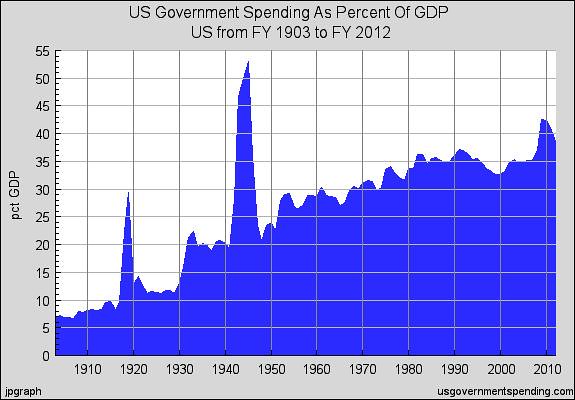In a rational world, you couldn't have it both ways. However, in the Land of Obama, there is no contradiction. The Democrats refuse to cut spending and yet are able to blame Republicans for "not paying their debts."
How can this be? The reason is because we have a thoroughly corrupt national press that has abandoned even the pretense of being a public watchdog. Instead, it acts as a cheerleader for the Democrats in general and this Administration in particular, actively promoting such invented slogans as "avoiding the fiscal cliff" and concealing any information which might prove embarrassing to the ruling party.
Freedom of the Press used to be a hallowed bulwark against government excess and malfeasance. Today it is a joke. Within this abdication of responsibility lay the seeds of destruction: It is not too hard to imagine a time when the press will either become an official propaganda arm of the government or be completely shut out of access to information about government policies.
How can this be? The reason is because we have a thoroughly corrupt national press that has abandoned even the pretense of being a public watchdog. Instead, it acts as a cheerleader for the Democrats in general and this Administration in particular, actively promoting such invented slogans as "avoiding the fiscal cliff" and concealing any information which might prove embarrassing to the ruling party.
Freedom of the Press used to be a hallowed bulwark against government excess and malfeasance. Today it is a joke. Within this abdication of responsibility lay the seeds of destruction: It is not too hard to imagine a time when the press will either become an official propaganda arm of the government or be completely shut out of access to information about government policies.


